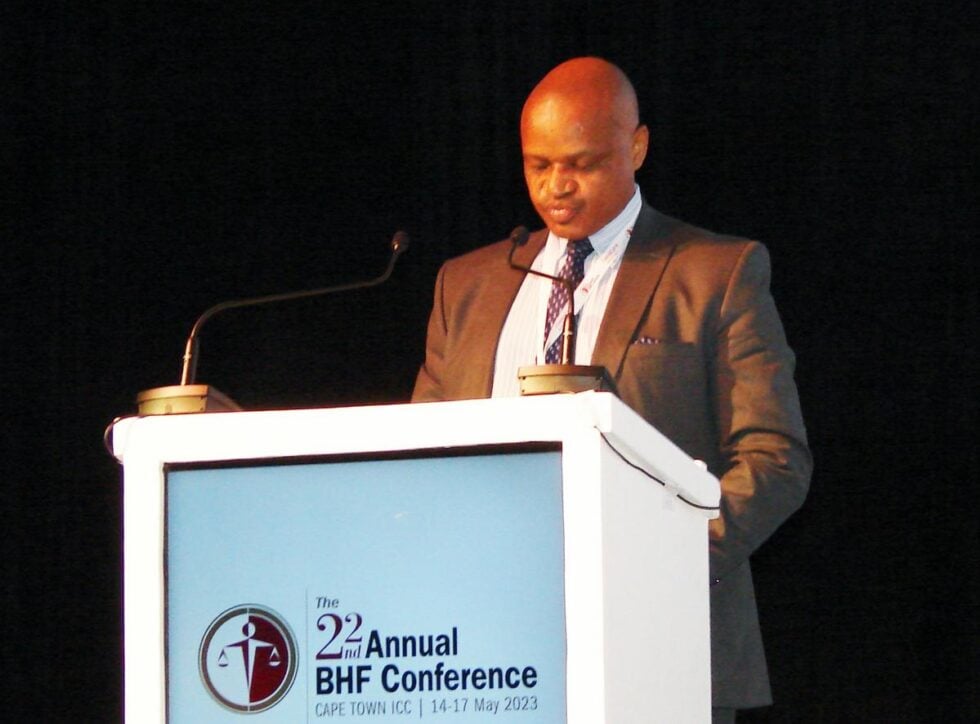
Making this call in his presentation to BHF Conference delegates in Cape Town last week, Adv Andy Mothibe, head of the Special Investigating Unit (SIU), said that while the Council for Medical Schemes (CMS) estimated that the local health sector lost between R22bn and R28bn annually to FWA, the loss could well be higher: “Other experts in the health sector,” he said, “have suggested that this could be a conservative estimate because it is difficult to quantify FWA.
“For example, there is the view that 5% to 15% of healthcare claims could include elements of FWA.”
This, he went on to point out, could be attributed to commonly accepted malpractices such as claims submitted for services not rendered, deliberate misuse of codes when submitting medical claims, duplication, and medical aid claims being submitted by non-members.
Other common types of FWA risks, Mothibe reiterated, included billing for brand name drugs when generics are available, charging excessively for medical services or supplies, over-servicing, and pharmacies claiming for medicines when actually dispensing non-medicine items.
Regulatory shortcomings aiding or abetting such practices, Mothibe indicated, were that the sanctions imposed were not sufficient enough to serve as deterrents: “And what’s more,” he added, “regulators are reluctant to actually issue sanctions until criminal conviction has been obtained.
“Another issue is that law enforcement agencies do not fully understand health sector legislation to successfully prosecute cases,” Mothibe lamented, stressing that this and the many other shortcomings being experienced in facilitating FWA needed to be addressed by a national risk management framework.
Already in place to accommodate the framework now required was the Health Sector Anti-Corruption Forum (HSACF), a multi-stakeholder collaboration founded on a principal of a whole-of-society approach as envisaged in the National Anti-Corruption Strategy borne out of the Presidential Health Summit of 2018.
“Objective of the whole-of-society approach,” said Mothibe, “is to galvanise all the stakeholders in various sectors to collaborate in the fight against maladministration, fraud and corruption, and to identify areas of co-operation to enhance prevention, detection, civil litigation and the prosecution of fraud and corruption perpetrators.”
At this point, he announced that the SIU was now in the process of appointing an independent service provider to evaluate the effectiveness and design of the HSACF.
On this matter, he stated that the HSACF should further contribute to National Health Insurance (NHI) through the development of a Risk Management Framework “that seeks to enhance integrity management in the roll-out of NHI”.
*Any health sector stakeholder wishing to become part of the HSACF should contact Max Nxumalo, Special Investigating Unit, mnxumalo@siu.org.za; (012) 845 0095.